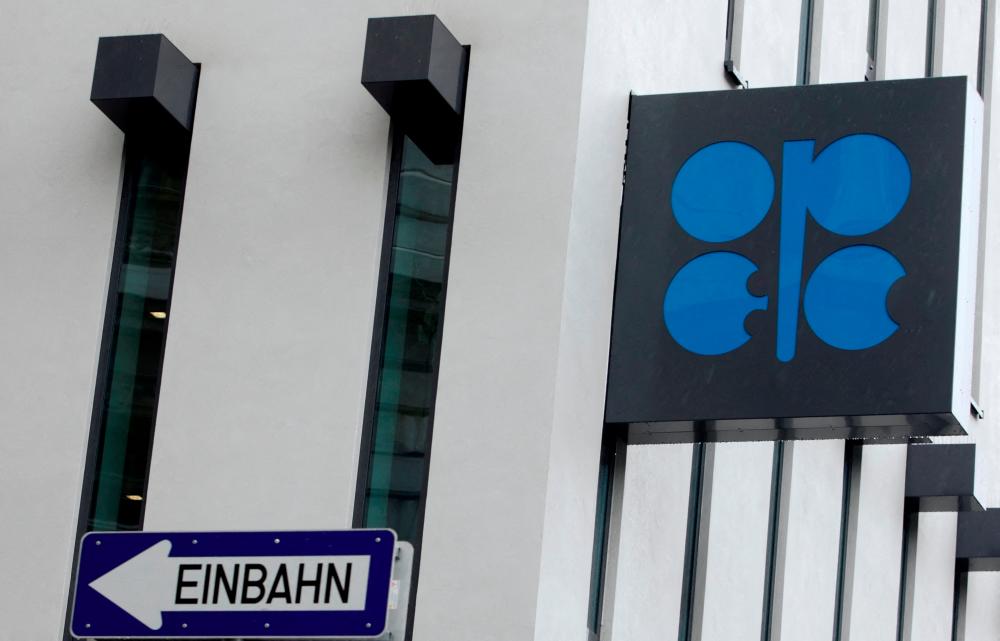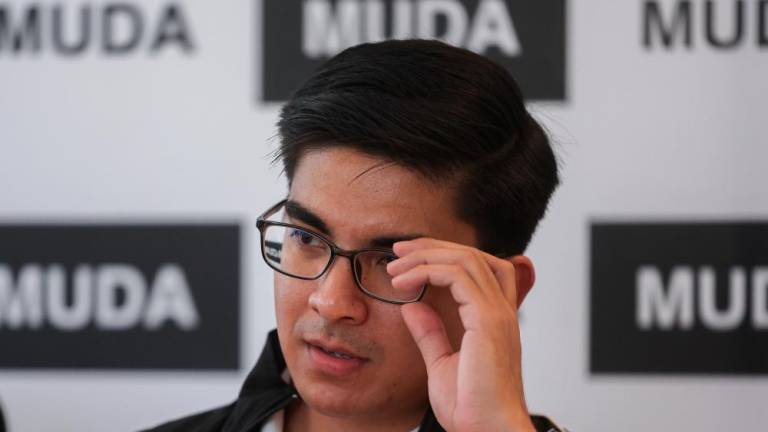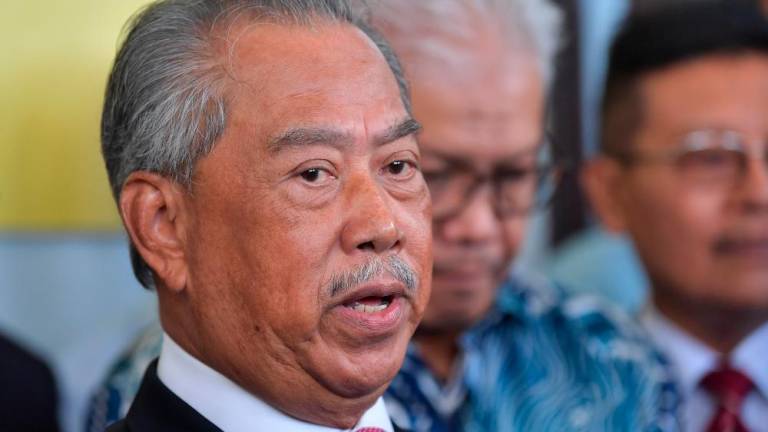DUBAI/LONDON: The Organization of the Petroleum Exporting Countries and its allies (Opec+), which includes Russia, is set to raise its oil output goal by 100,000 barrels per day (bpd), an amount analysts said was a setback to US President Joe Biden after his trip to Saudi Arabia to ask the producer group’s leader to pump more to help the United States and the global economy.
The increase, equivalent to 0.1% of global demand, follows weeks of speculation that Biden’s trip to the Middle East and Washington’s clearance of missile defence system sales to Riyadh and the United Arab Emirates (UAE) will bring more oil to the world market.
“That is so little as to be meaningless. From a physical standpoint, it is a marginal blip. As a political gesture, it is almost insulting,” said Raad Alkadiri, managing director for energy, climate, and sustainability at Eurasia Group.
The increase of 100,000 bpd will be one of the smallest since Opec quotas were introduced in 1982, Opec data shows.
“The smallest increase in Opec+ history will do little to help the ongoing global energy crisis,” Edward Moya, analyst at Oanda trading platform, told AFP.
“The Biden administration will not be happy and this will be a setback in improving US-Saudi relations,“ he said, who expects oil prices to remain stuck around US$100.
“A 100,000 barrel per day output hike is a pittance,” said Han Tan, chief market analyst at Exinity. “It’s likely that the Biden administration will feel let down, considering its overtures to Saudi Arabia have yielded scant results, at least this time around.”
“The increase was a token gesture to appease US President Joe Biden,“ said Stephen Brennock, analyst at PVM Energy.
“This is a smaller increase but an increase nonetheless,” Amos Hochstein, senior US State Department adviser for energy security, told CNN.
Hochstein said Opec had already delivered larger increases in two of the three previous months.
“I think we’re focused much more on the bottom line, and that is reducing the price of oil in the market,” Hochstein said, adding that US petrol prices fell well below US$4 per gallon.
Opec+, formed in 2017, had been increasing production by about 430,000-650,000 bpd a month, as they unwound record supply cuts introduced when pandemic lockdowns choked off demand. They had, however, struggled to meet full targets as most members have exhausted their output potential following years of under-investment in new capacity.
Combined with disruption linked to Russia’s invasion of Ukraine in February, the lack of spare supply has driven up energy markets and spurred inflation.
Opec+, which will next meet on Sept 5, said in a statement that limited spare capacity requires it to be used with great caution in response to severe supply disruptions. It also said a chronic lack of investment in the oil sector will impact adequate supply to meet growing demand beyond 2023.
The Opec+ statement emphasised the “value and importance of maintaining consensus as essential to the cohesion” of the group.
Russia’s deputy prime minister in charge of energy, Alexander Novak, said Opec+ made a “cautious” decision due to “uncertainties in the market”.
He noted that Covid cases are rising.
“We see uncertainties associated with the disruption of transport and logistics chains due to restrictions being introduced, including for Russian oil and oil products,“ Novak said.
Sources within Opec+, speaking on condition of anonymity, also cited a need for cooperation with Russia as part of the wider Opec+ group.
“(This decision) is to calm down the United States. And not too big that it upsets Russia,” said an Opec+ source.
By September, Opec+ was meant to have wound down all of the record production cuts it implemented in 2020 in response to the impact of the pandemic. But by June, Opec+ production was almost 3 million barrels per day below its quotas as sanctions on some members and low investment by others crippled its ability to boost output.
Only Saudi Arabia and the UAE are believed to have some spare capacity. – Reuters, AFP










